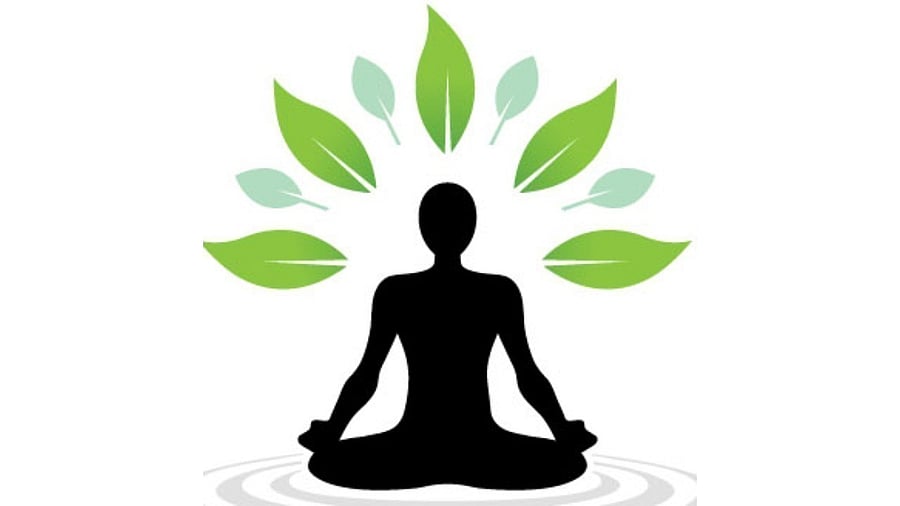
Oasis logo.
Credit: DH Illustration
Many years ago, a colleague of mine and I were routinely engaged in the task of choosing participants for inter school literary competitions. The honour of our institution was at stake, and we had to pick worthy representatives who would excel in challenging events such as elocution, debate and recitation. Spotting talent was not difficult. At the auditions we held, several students displayed exceptional expertise. The problem was that the process of selection involved rejection. There were numerous hopefuls we were forced to exclude.
Far from acknowledging the superiority of their peers, many were dissatisfied. Since they believed that they were just as good as, if not better than, those we considered best, they viewed our decisions as biased. They muttered to one another that our choices were based on favouritism.
At the heart of that recurrent sorry situation was envy. Shakespeare calls envy the green-eyed monster, and in the Bible, the apostle James issues this warning. “Where there is jealousy there is also disorder and every kind of evil.” Theologians in the Middle Ages regarded envy as one of the Seven Deadly Sins. Closer to our time, Peter Shaffer’s play, ‘Amadeus’, explores the envenoming effects of envy. In that dramatic portrayal of two real-life composers, Salieri is wracked with resentment at Mozart’s musical supremacy.
Envy is a pitfall that easily ensnares us. We imagine that our view of those who outshine us is impartial, whereas it is often clouded by prejudice. It is more convenient to assume that those who surpass us must have done so through unfair means, rather than admit that they deserve their success.
The truth is that in belittling the objects of our envy, we hurt ourselves. We develop into embittered human beings, convinced that our remarkable qualities are unjustly overlooked. Such an attitude not only blinds us to the good in others but prevents us from recognising abilities that we actually possess; abilities that might be just as commendable as those we lack. This failure to recognise our latent potential, almost certainly, will prevent us from developing it.
“Our envy of others devours us most of all,” declared Nobel Laureate, Alexander Solzhenitsyn. At the start of the New Year, let us resolve to avoid such harm to our wellbeing.